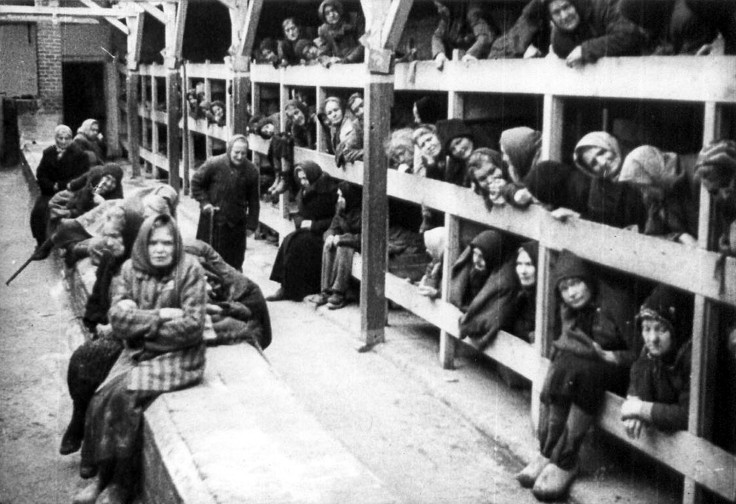Google's search engine will no longer tell users that the Holocaust never happened
The company has decided to tweak its algorithm to remove Holocaust denial websites as suggestions to its visitors.

Following weeks of intense criticism that the first result for the query "Did the Holocaust happen" on Google's search engine came from neo-Nazi website Stormfront, the internet giant has decided to tweak its algorithm to remove Holocaust denial websites as suggestions to its visitors. The move follows a previous fix that dropped the page, titled "Top 10 reasons why the Holocaust didn't happen," a little lower in the search results.
"Google was built on providing people with high-quality and authoritative results for their search queries," a Google spokesperson told Digital Trends. "We strive to give users a breadth of diverse content from variety of sources and we're committed to the principle of a free and open web.
"Judging which pages on the web best answer a query is a challenging problem and we don't always get it right."
According to Google, when "non-authoritative information" does rank higher in its search results, the company said it develops scaleable, automated methods to address the issue "rather than removing these one by one."
"We recently made improvements to our algorithm that will help surface more high quality, credible content on the web," the company spokesperson said. "We'll continue to change our algorithms over time in order to tackle these challenges."
The decision marks a shift in stance for Google after a company spokesperson suggested that it would not take any measures to change its search results.
"We are saddened to see that hate organizations still exist. The fact that hate sites appear in Search results does not mean that Google endorses these views," a spokesperson told Forbes. "We do not remove content from our search results, except in very limited cases such as illegal content, malware and violations of our webmaster guidelines."
Last week, a Jewish heritage museum in Atlanta said Google grants pay for adverts to counter Holocaust-denying search results.
"Search is everything," David Schendowich of the Breman Museum told The Guardian. "It's so powerful. People don't respond to print. If you don't show in search, you are invisible."
The controversy comes as technology companies face fierce scrutiny and criticism for the spread of fake news on their platforms. Following President-elect Donald Trump's historic victory over Democratic rival Hillary Clinton, many claimed that fake news and conspiracy theories disseminated online, particularly on social media sites such as Facebook, may have helped him win the White House.
While Facebook CEO Mark Zuckerberg dismissed the allegation as a "pretty crazy" idea, the company did acknowledge the problem and has vowed to address it. It recently announced a series of measures to crack down on fake news stories on its platform, including using third-party fact-checkers. Both Facebook and Google also said they would prohibit fake news sites from their ad software to generate revenue through the platforms.
In response to post-election "fake news" controversy, Google chief executive Sundar Pichai told BBC last month: "At Google, we have always cared about bringing the most relevant, the most accurate results to users and that is where almost all of our work goes at the end of the day.
"It is important to remember that we get billions of queries every day. There have been a couple of incidences where it has been pointed out and we didn't get it right. And so it is a learning moment for us and we will definitely work to fix it."
"From our perspective, there should just be no situation where fake news gets distributed, so we are all for doing better here," he continued. "So, I don't think we should debate it as much as work hard to make sure we drive news to its more trusted sources, have more fact checking and make our algorithms work better, absolutely."
© Copyright IBTimes 2025. All rights reserved.





















